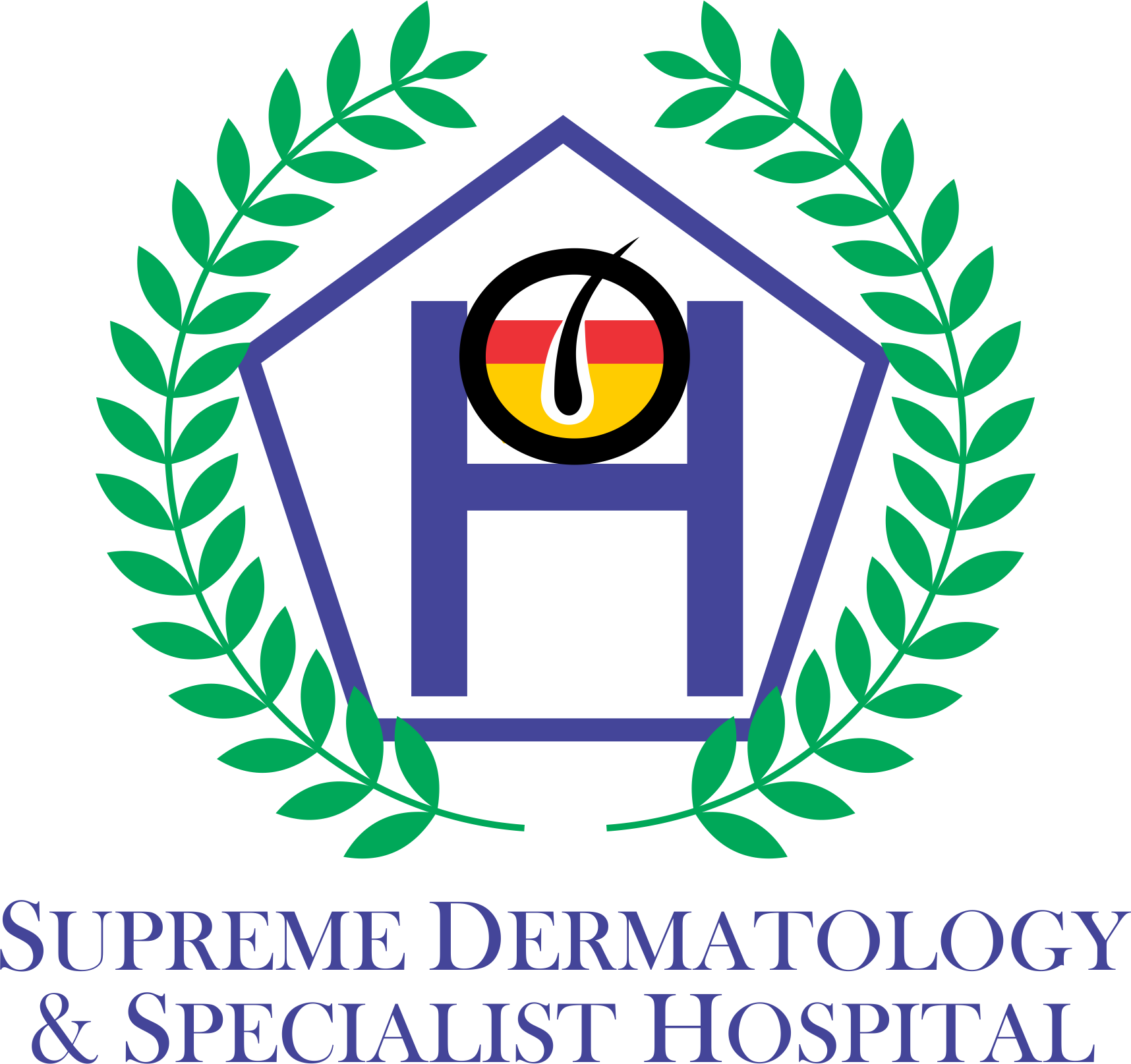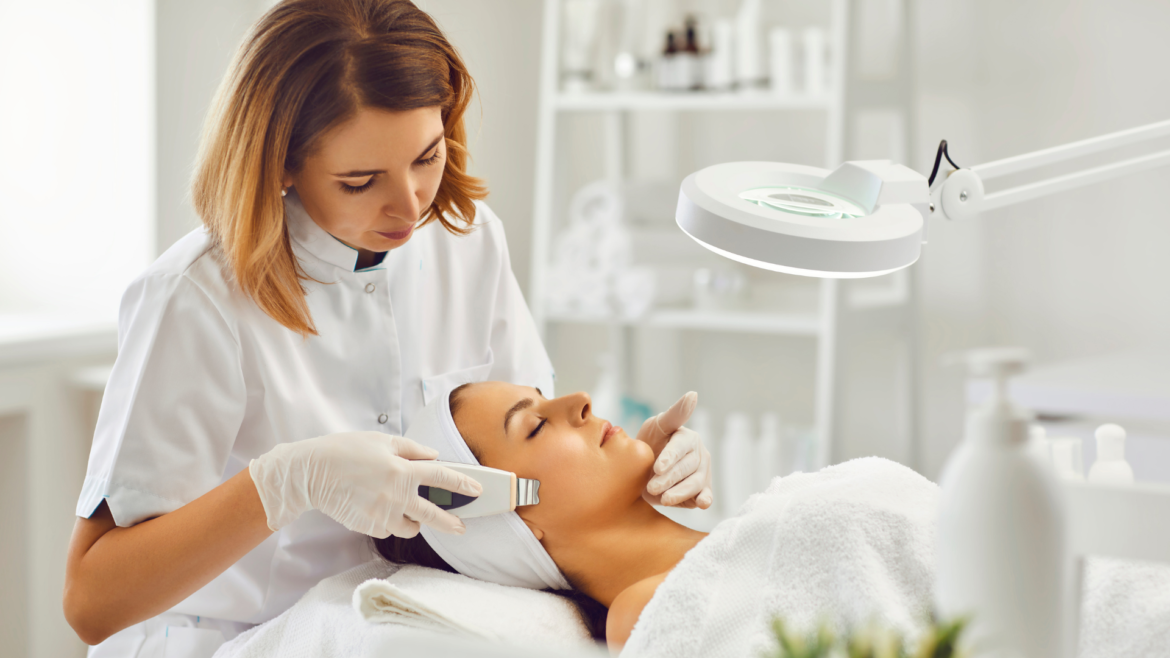Throughout our lives – during infancy, adolescence, adulthood and old age – our skin can manifest changes or transformations that require dermatological treatment.
All the dermatology experts at supreme dermatology and specialist hospital are highly qualified to attend to any and all alterations to the skin, mucus, nails and hair that may involve an abnormality in their appearance or functionality.
Clinical dermatology encompasses all skin disorders and diseases as well as the manifestations which occur in the skin but which originate in another part of the body.
There are about 1500 distinct skin diseases and many variants.
Skin diseases are classified in various ways.
- Site of involvement such as facial rashes, lesions on sun-exposed sites
- Pathogenesis (when known) such as genetic abnormalities, infectious aetiology or autoimmune mechanisms
- Main structure affected such as epidermal diseases, abnormalities of melanocytes, vascular changes.
Most dermatological conditions are highly visible and may invoke disgust, shame and self-consciousness that can have profound psychosocial effects. Disfigurement can result in negative self-perception, depression, social rejection and social isolation related to unfavorable self-image. Emotional abuse, verbal abuse and bullying may take place. These in turn can lead to self-contempt, frustration and torment leading to deliberate self-harm or even suicide (a recognized complication of disfiguring skin conditions such as acne).
- Skin conditions affecting the face may require aggressive treatment even if they are clinically relatively mild.
- Disturbance of body image is particularly serious if it arises during childhood or adolescence, as is the case for birthmarks, atopic eczema and acne.
- Patients with body dysmorphic disorder (dysmorphophobia) believe they are ugly, unattractive or even repulsive despite a normal appearance. Preoccupation with their appearance may be a sign of obsessional-compulsive disorder and may lead to severe depression.
Supreme Dermatology and Specialist Hospital is designed to provide a comprehensive range of medical and surgical treatment for skin, hair and nail related problems. Our skin treatment experts are highly specialized in treating a wide range of skin issues, including acne, eczema, psoriasis, skin cancer, and various infections. Our expert dermatologists combine medical expertise and technological advancements to offer comprehensive skin care, addressing both medical conditions and enhancing the skin’s appearance through cutting-edge procedures and non-invasive treatments.
Cases our experts manage includes but not limited to:
- Acne
- Actinic keratosis
- Age spots
- Bullous pemphigoid
- Dermatitis
- Dermatomyositis
- Eczema
- Hair diseases
- Hair loss
- Hemangioma
- Hidradenitis suppurativa
- Hives
- Hyperhidrosis
- Keloid
- Lichen planus
- Melanoma
- Moles
- Morphea
- Nail diseases
- Pigmentation disorders
- Polymorphous light eruption
- Psoroiasis
- Pruritus
- Rosacea
- scleroderma
- Skin cancer
- Sun burn
- Vitiligo
- Wrinkles
Ready to make a change? Call +2348101407128 to schedule a consultation with one of our board-certified dermatologists or book your appointment now on the website.


